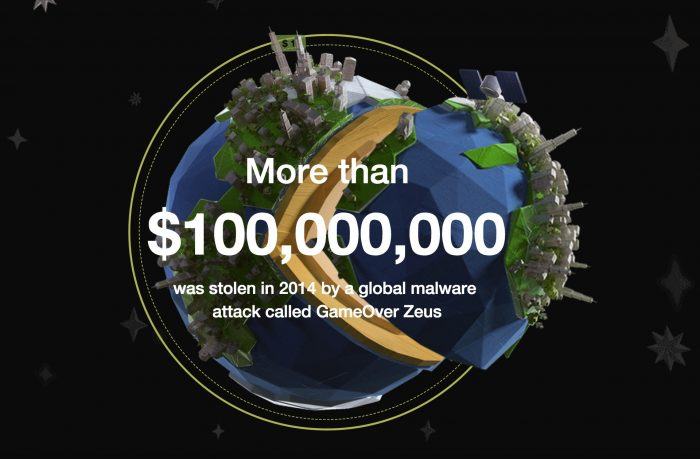
Malware for delivery tracking
Cybercriminals distributing the Mamont banker under the guise of an application for tracking the delivery of goods at wholesale prices.
22 articles

Cybercriminals distributing the Mamont banker under the guise of an application for tracking the delivery of goods at wholesale prices.

Cybercriminals are distributing a Trojan stealer under the guise of a ChatGPT desktop client for Windows. We delve into the details and ways to protect yourself.

Spam and phishing e-mails are not the only threats you might find in your mailbox. Cybercriminals are still using good old links to malware.

A cybergang that specializes in cyberespionage, with its campaign mostly limited to the Middle East and countries in central Asia.

This versatile mobile banking Trojan morphs into ransomware on detecting a removal attempt.

Bad Rabbit: A new ransomware epidemic is on the rise

Polyglot, aka MarsJoke, had aspirations. It was trying to be the next CTB-Locker — but we developed a cure.

The key danger is the method the Hummer uses to achieve its goals. It roots a device and gains administrator’s privileges to install unauthorized software of its own discretion

New ransomware called Satana encrypts your files and blocks the operating system from booting.

Zcryptor is a hybrid, part ransomware and part worm. It encrypts files and copies itself onto external media.

Ransomware is a tough nut to crack — and while it’s distracting you by encrypting your files, it may also be turning your computer into a zombie.

Kaspersky Lab RakhniDecryptor utility updated to help decrypt files encrypted by previously invincible versions of TeslaCrypt.

Yet another ZeuS variant is threatening businesses.

Kaspersky Lab’s Anti-malware Research Team reported detection of “one of the most dangerous Android banking Trojans ever seen”, called Acecard.

One dollar lesson is a new interactive project by Kaspersky Lab that aims to help you stay protected from online money frauds. Learn three simple lessons right now!

One simple Android game can get as much information about the smartphone’s owner as a real spy can.

Using a trojan malware with the Russian name, Tyupkin, hackers made cash withdrawals without so much as accessing bank accounts.

Kaspersky Lab has just released a new report on the evolution of threats in Q2. Banking Trojans grow in numbers (and the level of danger they pose), while Russia remains the most malware-attacked country.

Android malware now has a well-established track record of monetary theft, which is typically accomplished by sending text messages to premium rate numbers. At the end of summer we wrote

Kaspersky Lab experts have discovered a new trojan virus attacking skype users. Find out how to recognize it before you fall victim.